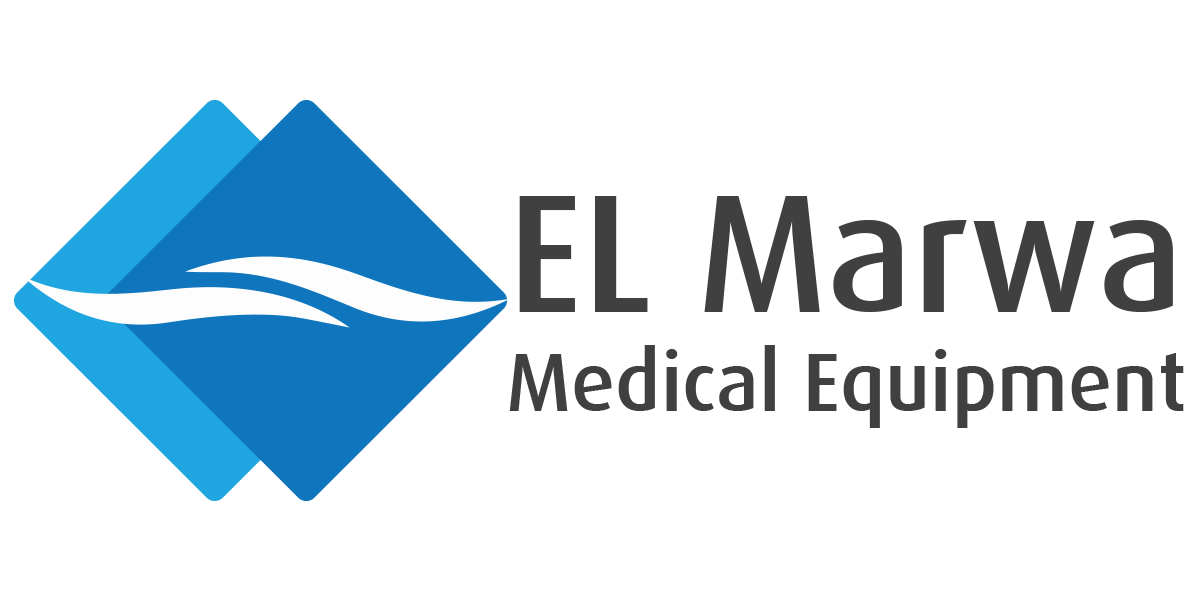Emergency Ventilators
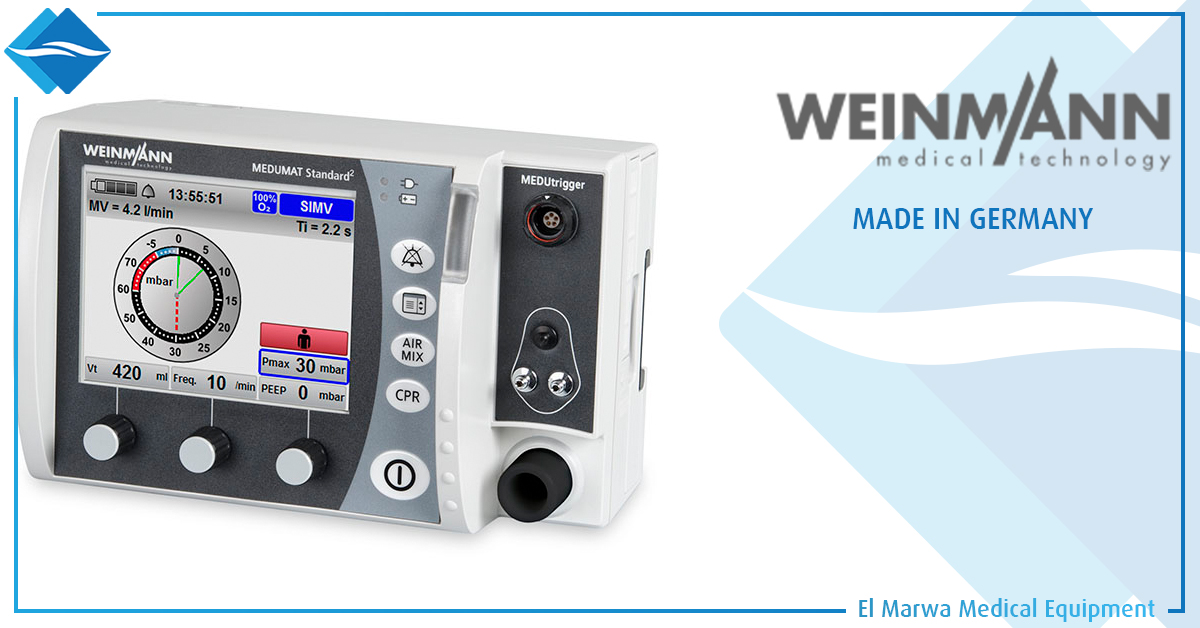
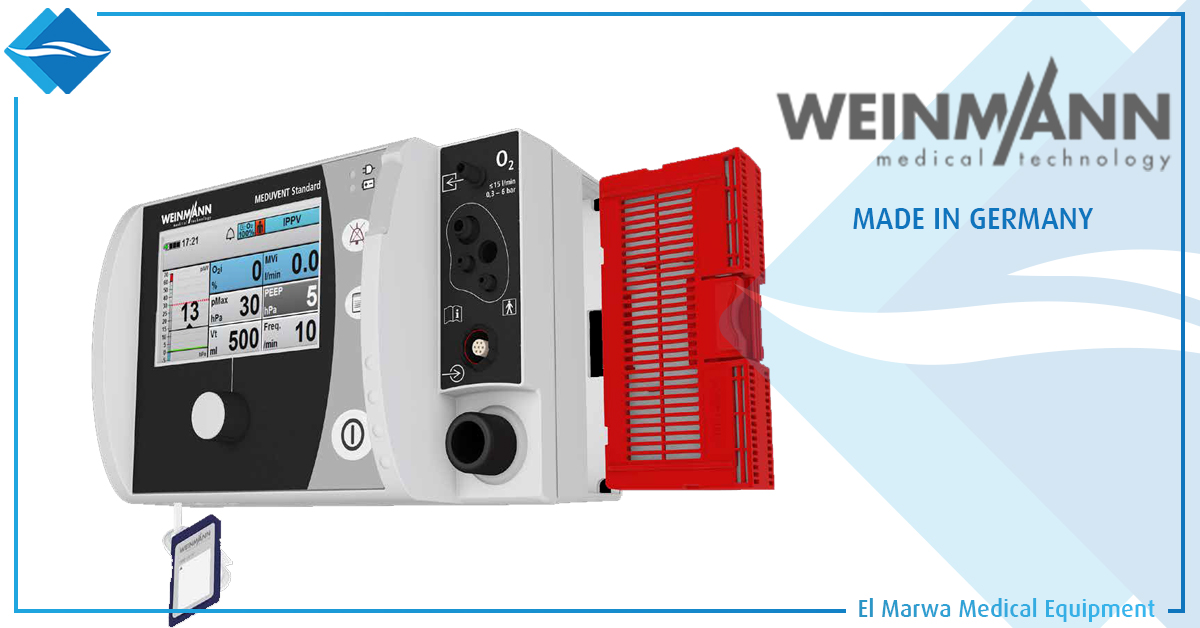
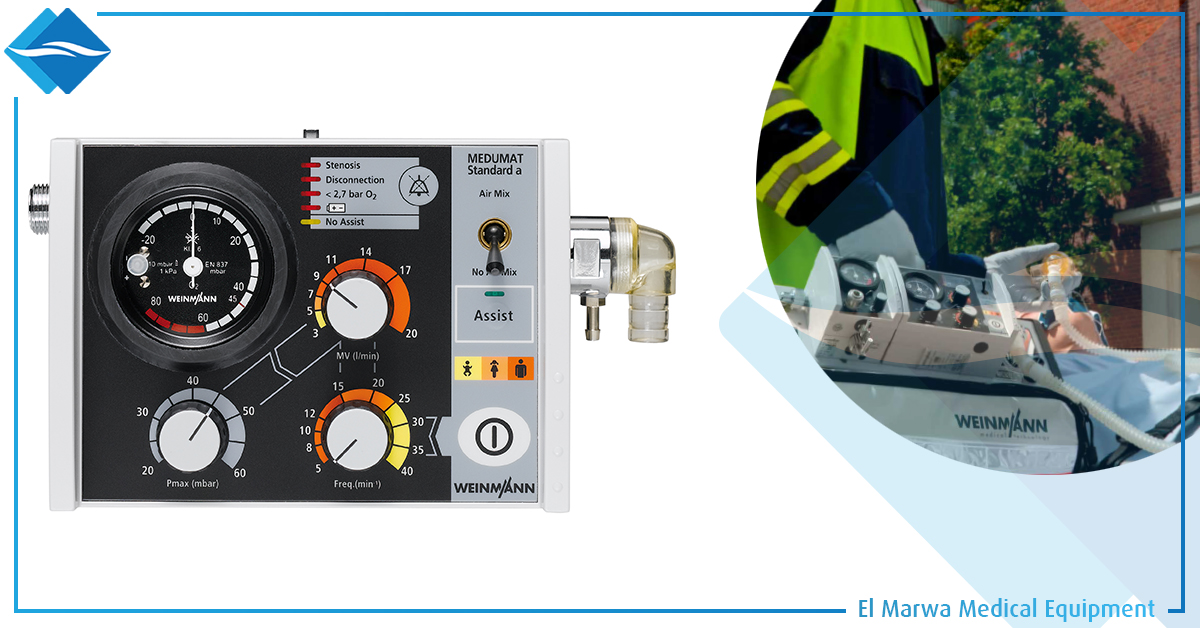

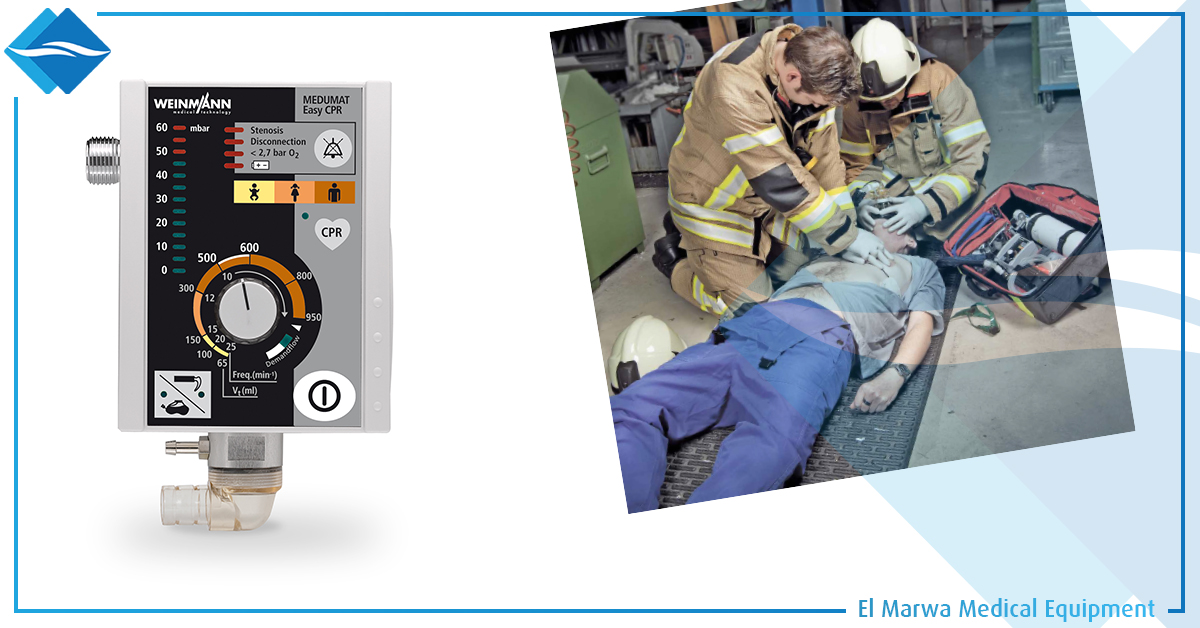
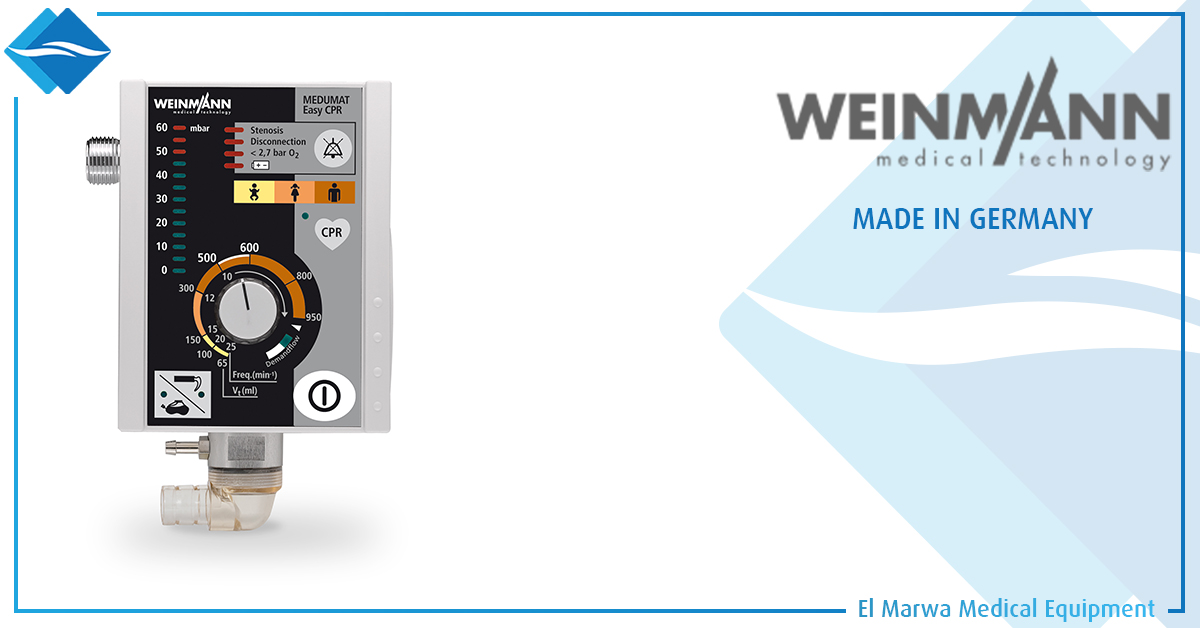

Emergency and Transport Ventilators
Made in Germany - WEINMANN medical ventilators provide users the greatest possible degree of support in emergency situations and are designed for use outdoors and during transport.
Portable Devices Especially Designed for Emergency Response and Patient Transport
Our medical ventilator range also features different bag-valve masks for the emergency case or emergency backpack. You will also find supplementary products and modules for more ventilation options here
And More... for Emergency Response
What does a professional emergency response depend on? And how do our medical ventilators help you to master the specific challenges in these scenarios? We develop our devices in close cooperation with users from emergency medical services, military medical corps, and hospitals. A number of our employees also have practical experience in emergency medical services. In this way, we ensure that our devices fulfill the very specific requirements for emergency medicine. This also includes applying the respective norms such as the EN 1789 concerning equipping of emergency medical vehicles.
This is why our medical ventilators are so well suited to emergency response:
-
Fast: In an emergency, ventilation must commence as soon as possible. This is ensured by the emergency modes which show up in the display as soon as the device is switched on, for example. Medical ventilators are also simple and intuitive to operate.
-
Portable: This is where the low weight, compact dimensions, and available portable systems play an important role. Other important factors for pre-hospital use: long battery runtimes and a secure mounting option in the emergency vehicle.
-
Rugged: Shocks, vibrations, rain, dirt, extreme temperatures – our devices can handle all conditions.
-
Safe for patients and users: Hygiene filters, numerous ventilation modes, individual configurability, and intelligent alarm systems ensure safety.

Minimize Risk
And Take a Load off the Responder’s Shoulders with Mechanical Ventilation
In the event of failed or insufficient spontaneous breathing, ventilation is vital. Yet each instance of ventilation also comes with significant risks such as: hypoventilation or hyperventilation, barotrauma, or inhalation of stomach contents.
A bag-valve mask is ready to use at all times and “easy” to operate, however is almost never the best solution. Learn about the advantages that ventilation with a medical ventilator offers: In our brochure Safety. Less Stress. Efficiency.Saving lives with ventilators
Risk to Patients Description Potential Consequences Risk Reduced in Mechanical Ventilation Through Gastric insufflation A high volume delivery results in increased ventilation pressure, which in turn creates overpressure in the stomach. This can lead to regurgitation and aspiration of stomach contents. 1, 2 Suffocation, aspiration pneumonia. Volume and pressure control, ventilation pressure limitation, volume and pressure monitoring, relevant alarms. Lung damage High ventilation pressure/volume can lead to barotrauma or volutrauma of the lungs. 2, 3 Damage to the lung structures and complications such as emphysema, pneumothorax, gas embolism. Pressure limitation and control by means of monitoring, consistent volume delivery, relevant alarms. Hyperventilation A ventilation frequency that is too high creates increased intra-thoracic pressure, and reduced coronary and cerebral perfusion. 4 Lower paCO₂ with accompanying respiratory alkalosis and thus diminished chances of survival. Ventilation frequency, monitoring, and alarms that are constant and in accordance with guidelines.
